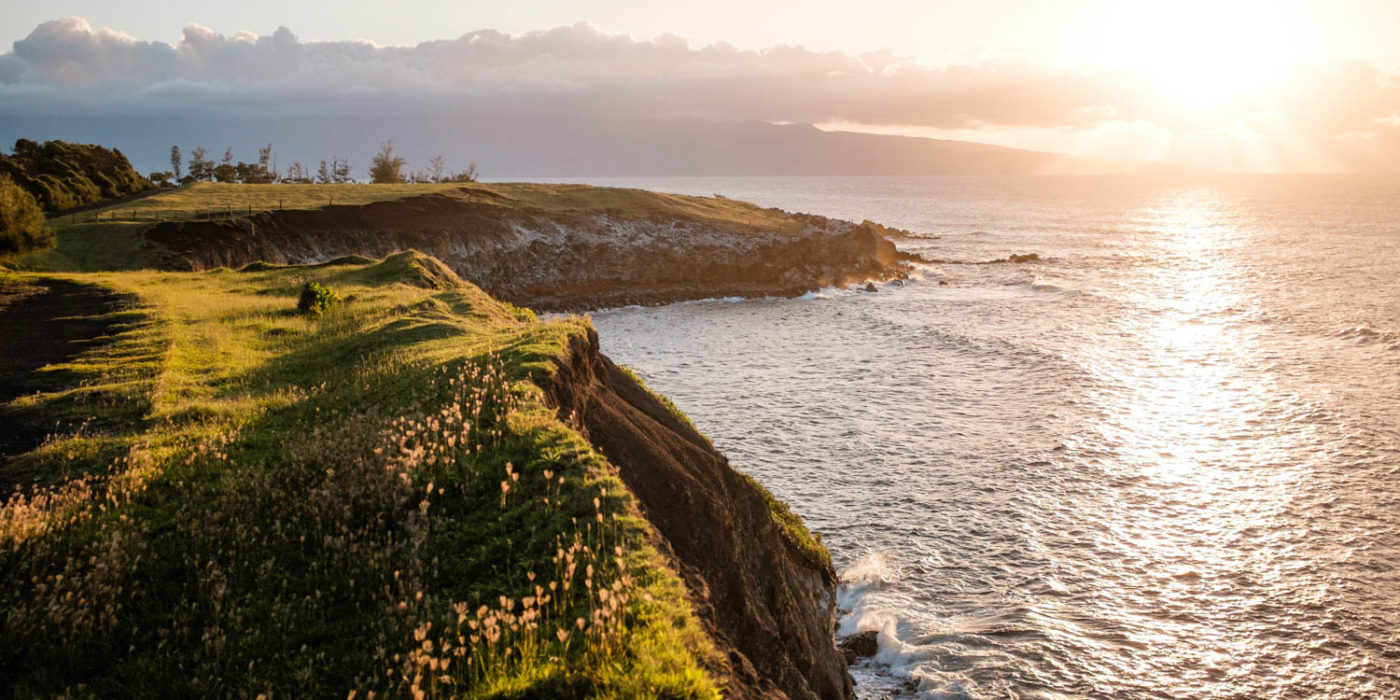04 Jan 2018 - 06 Jan 2018
The Hawai'i Convention Center, Honolulu, Hawaii, USA

Religious, cultural and societal fractures have seen rises in authoritarianism and nationalism across the world, and threats and perceived threats have been used to justify the stifling and marginalisation of voices of opposition and dissent. Hard-won progress and freedoms are being questioned and undermined, and questions of peace, security and human security abound. In this period of great global social, economic, political and environmental instability, the future is for many a place of great uncertainty and fear.
However, in any period of great change, and undoubted challenge, there is also a great opportunity to harness and nurture these forces. The future is not yet written, and the powerful heuristic of sustainability has become a reality in many areas, where human creativity, imagination and technological advances have helped to make the world a better place. From small individual initiatives within families, communities and places of work, to the larger and more long-term development initiatives of governments and supranational institutions, exemplified by the UN’s 2030 goals, human resourcefulness is being used in pursuit of the common goal of a sustainable world.
Hawaii sits in the middle of the Asia Pacific region, between Asia and North America. Its strategic significance was apparent to the indigenous peoples of the Pacific islands before it attracted the attention of Pacific and Asian traders, the European colonial powers, and then the United States, whose Pacific fleet is based at Pearl Harbor, a location famously attacked by Japanese imperial forces in 1941. Hawaii has experienced much upheaval and change throughout its history, and offers an interesting context to studies at the intersection of security and sustainability, as well as of the continued legacy of colonisation, foreign and distant rule, and questions of ethnicity and belonging, to include issues relating to challenging and preserving indigenous knowledge, cultures and languages. The tropical climate and great natural beauty of the Hawaiian islands and the surrounding seas, with their rich flora and fauna, have helped create a huge tourist industry that is very important to the economy, but also threatens the environment, while the distance of the islands from the United States and Asia raise questions of economic and environmental sustainability.
We hope and expect the 2018 conference in Hawaii will bring together scholars from around the world to exchange ideas, research and practice from their own backgrounds and contexts, and to draw on and be inspired by the local and international body of delegates from an expected 40 different national backgrounds.
The IAFOR International Conference on Sustainability, Energy & the Environment – Hawaii 2018 (IICSEEHawaii2018) will be held alongside The IAFOR International Conference on Education – Hawaii2018 (IICEHawaii2018), and many of the sessions will concentrate on areas at the intersection of education and sustainability. In keeping with IAFOR’s commitment to interdisciplinary study, delegates at either conference are encouraged to attend sessions in other disciplines. Registration for either conference will allow delegates to attend sessions in the other.
In conjunction with our Global Partners, including the University of Hawai'i at Manoa and Virginia Tech, we look forward to extending you a warm welcome in 2018.